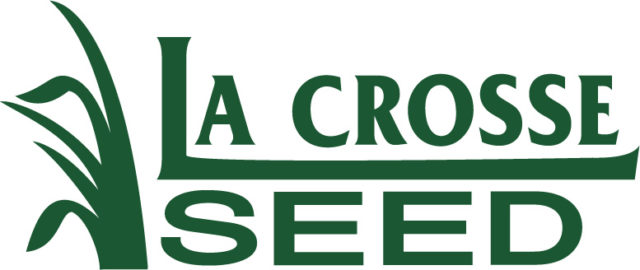The institute merges two existing university programs – the Conservation Tillage and Cropping Systems Workgroup and the California Overhead Irrigation Alliance – into a single, broad-based initiative. The launch and informational meeting takes place from 10 a.m. to 1 p.m. Friday, Jan. 27, at the Veterans’ Memorial Building, 808 Fourth St., Clovis.
CASI’s aim is to bring together farmers, business leaders, public agency representatives, university, USDA Natural Resources Conservation Service and environmental group membership to chart long-term goals for sustainable agriculture in the San Joaquin Valley and to develop appropriate conservation agriculture production systems that will achieve these goals.
The term ‘conservation agriculture’ enjoys broad recognition and understanding in other parts of the U.S. and internationally, but it is a relatively new addition to California’s agricultural lexicon. In general, conservation agriculture aims to achieve profitable and sustainable agricultural systems and improve the livelihoods of farmers while conserving natural resources.
These goals are met through the application of principles that have been widely documented and demonstrated by research and experience as effective features of sustainable production systems.
These principles include:
• Minimum soil disturbance
• Preservation of residues that provide permanent soil cover
• Diverse crop rotations
• Use of cover crops
• Integrated pest management
• Reliance on precision, highly efficient irrigation
• Controlled or limited mechanical traffic over agricultural soils
Together, these practices, when optimally employed within a given cropping context or environment, provide a basis for long-term sustainability and are gaining acceptance in many parts of the world as an alternative to both conventional and organic agriculture.
Because conservation tillage and other soil conservation practices are the cornerstones of conservation agriculture, there are both challenges as well as opportunities for California systems to be developed in the San Joaquin Valley, a historically tillage-intensive production region. Information on recent research and farmer innovation toward the broad goals of conservation agriculture will be part of the program at the Jan. 27 meeting.
“CASI extends an invitation to all who would like to be a part of this major effort to actively take part with its founders on Jan. 27 and to help with the development of improved agricultural production systems for the San Joaquin Valley,” Mitchell said. FG
—University of California Ucanr News press release










